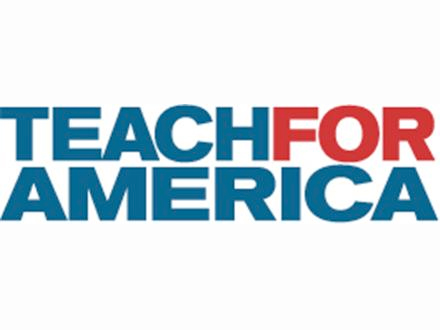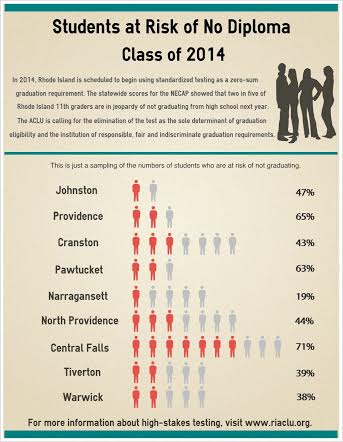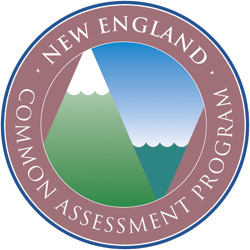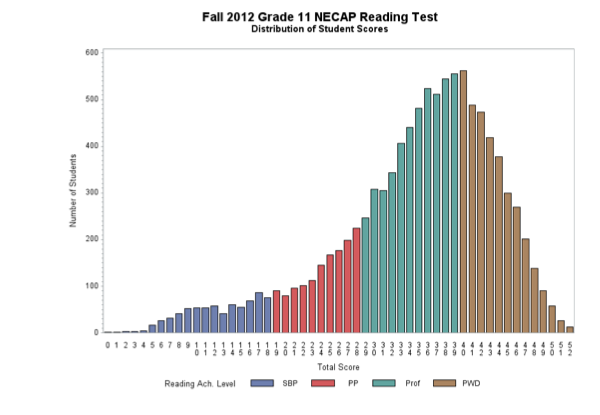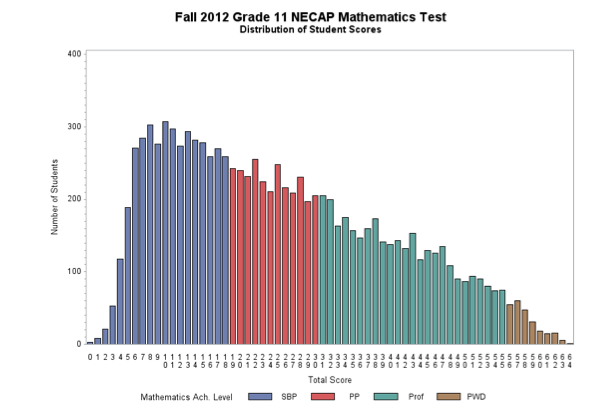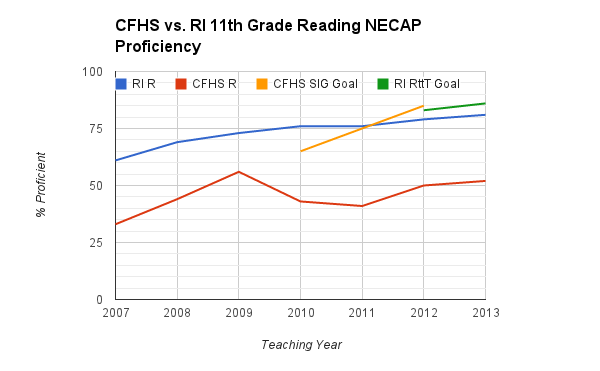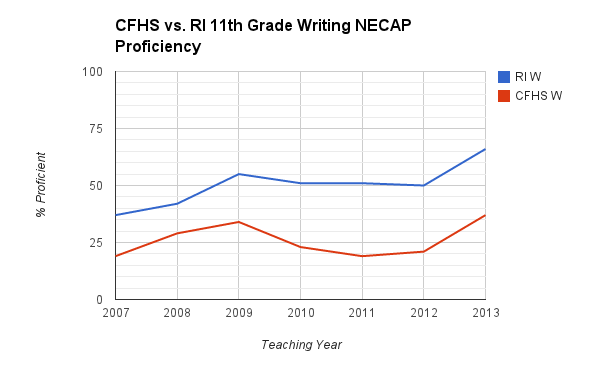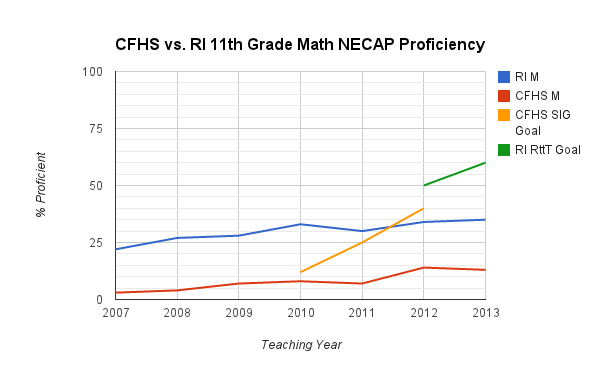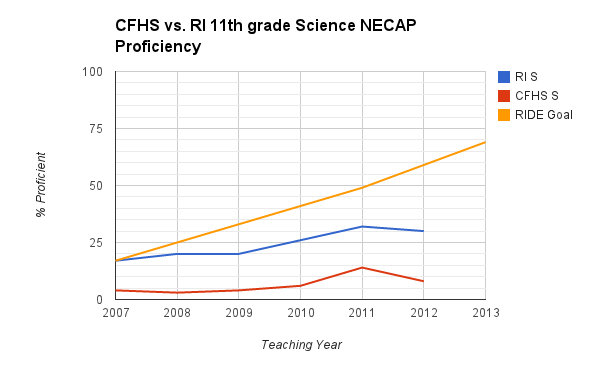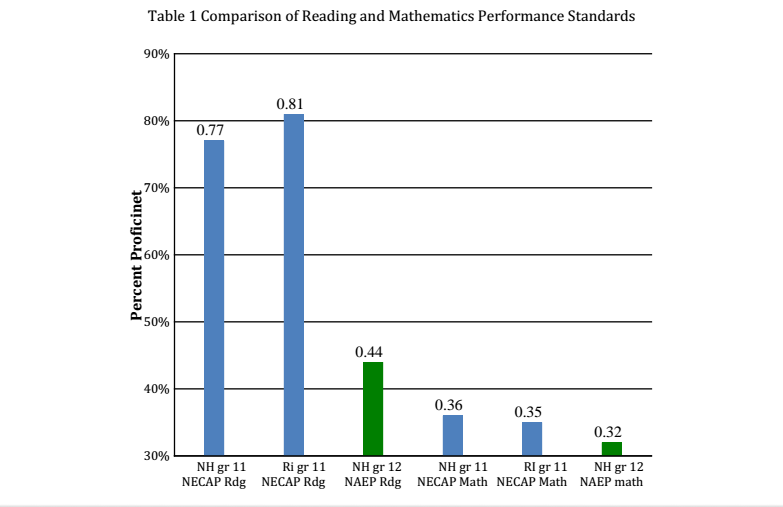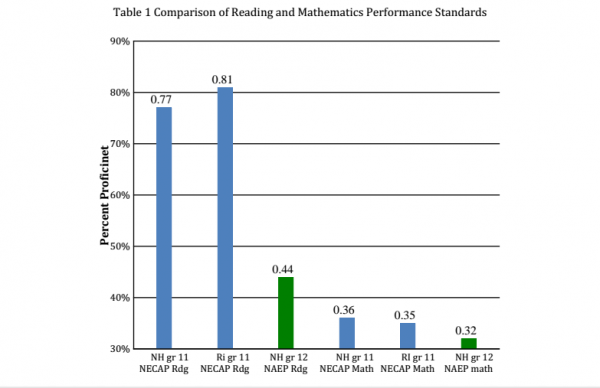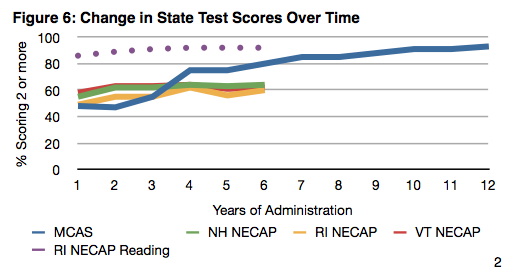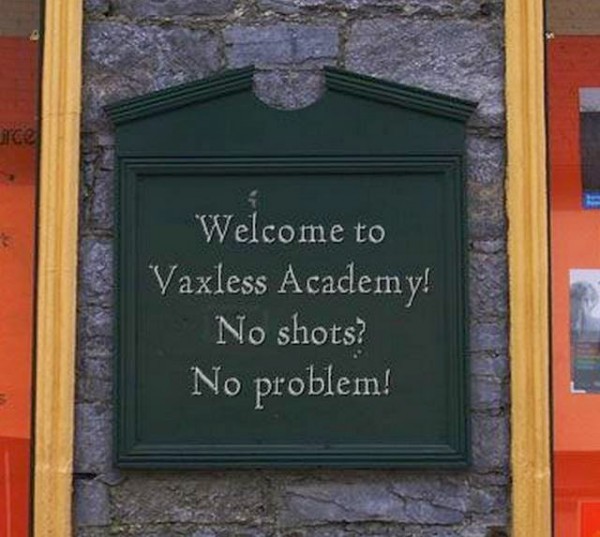 It’s inevitable. I am anticipating that one of the many shrewd companies in the “education reform” business will roll out a chain of charter schools for unvaccinated kids.
It’s inevitable. I am anticipating that one of the many shrewd companies in the “education reform” business will roll out a chain of charter schools for unvaccinated kids.
Why should parents have to produce proof of immunization before their little darlings are admitted to public school when they have the “freedom of choice” to send them to a school more consistent with their beliefs.
If ever there were two “movements” that are destined for merger, it’s the anti-vaxxers and the school choice mobs.
They are linked by the belief that personal “choice,” even when it is not justified by facts or logic, trumps the public interest. They are also linked by total indifference to the costs and consequences their choices have on everyone else.
Each group claims the moral high ground, flying the banner of “freedom of choice.” Yet what they really want is the privilege of making their choice without consequence or cost to themselves. They expect the rest of us to pick up the tab.
This is especially obvious in the so-called “school choice” issue being debated by some in Rhode Island right now. School choice adherents talk as if they don’t already have a choice when in fact they do. For as long as we have had public schools, we have also had private and religious schools.
When I was a child in the 1950s and 60s, my parents wanted me to go to Catholic school, and I did because they had the right to choose, doing twelve years of hard time under the tutelage of nuns and later, the Brothers of the Sacred Heart.
In those days, the parish school didn’t charge for the lower grades, but long-gone Sacred Heart Academy in Central Falls did charge tuition. Because of my parents’ choice, I ended up putting up my earnings from paper routes, bussing tables at local bingo halls and clerking at the local drugstore into my tuition.
I can’t say whether my parents’ choice was the right one or the wrong one, but I do know they made it. And they made it knowing there were going to be costs and consequences.
It’s no different today. Parents still have the same freedom of choice. They can even choose to home school their kids. But the real question behind “school choice” is not the choice itself, but who pays for it.
Chariho vs. charters
Where I live, the Chariho School District (Charlestown, Richmond and Hopkinton) has been in a long-running battle with the Kingston Hill Academy (KHA), refusing to pay to send Chariho students there because Chariho believes KHA cherry-picks students and sends special needs kids back to Chariho. Reliable sources have told me that this has been a long-standing problem at KHA.
Chariho Superintendent Barry Ricci escalated his battle when he sought new legislation in the General Assembly that would allow school districts to refuse to pay charter schools when those charter schools do not meet or exceed the standard of education provided at Chariho.
This attempt – which Superintendent Ricci told me in a January 6 e-mail he will not repeat – stirred up a firestorm from the “school choice” people, including the conservative Charlestown Citizens Alliance that has controlled Charlestown since 2008.
As amazing as it seems, these charter advocates were able to argue with a straight face that their “right to choose” should be honored with taxpayer money, even if it pays for an inferior education. After all, I suppose, “school choice” includes the right to make terrible choices.
Chariho’s fight with Kingston Hill goes back at least to 2009 when, according to a sworn statement by Superintendent Ricci, KHA’s principal admitted that KHA would not spend the money to hire a physical therapist and thus would not accept handicapped students whose education plan included physical therapy.
Later, Superintendent Ricci noted there is no sworn statement from KHA contradicting Ricci’s assertion. Click here to read the materials Superintendent Ricci submitted to the state.
Ricci got no sympathy or relief from soon-to-be ex-RI Education Commissioner Deborah Gist. In fact, Gist ruled in favor of Kingston Hill three times. Gist appointed her General Counsel David Abbott to the role of “special visitor” to examine the validity of Ricci’s charges against KHA.
Abbott’s report, submitted to Gist on October 27, 2014, went badly for Ricci. Click here to read that report.
Abbott reported no evidence to support the claims Ricci had made of earlier discrimination by KHA against disabled children, noting that even if he did, “none of the three allegations is dispositive,” given the age of the incidents. Abbott reports that he finds KHA to be currently in compliance with the law.
Having lost his fight with Kingston Hill, Superintendent Ricci asked to Chariho School Committee to add $53,745 to the upcoming year’s budget to pay for five more kids to go to Kingston Hill.
Even though Ricci lost his battle with KHA when charter school fan Deborah Gist ruled against him and when he couldn’t come up with parents willing to speak up about KHA discrimination.
But that is hardly a vindication for KHA – the verdict is not exactly one of “not guilty,” but more like “not proven.” Nor is it a vindication of charter schools.
Post-Gist public education
Public education is one of the cornerstones of our civil society. We need the best possible public schools we can create. Charter schools only distract attention and resources away from that critical mission. Casting the issue as “school choice” panders to the selfish few who want the rest of us to pay for their personal preferences.
Even though Gist will be leaving Rhode Island soon to take over as school chief in Tulsa, Oklahoma, the odds are that Gov. Gina Raimondo will appoint a new state education commissioner who is even more enraptured with charter schools.
I say that because Raimondo is married to one of the key corporate “education reform” national players, Andy Moffitt. Her campaign was funded in large part by corporate “reformers.” Her deputy, Lieutenant Governor Dan McKee, has been most famous for his fervent push for “mayoral academy” charter schools. Finally, Raimondo has appointed Stefan Pryor to head the state Commerce Department after Pryor’s disastrous tenure as Connecticut Education head where there were charter school scandals all across the state.
Yes, I’m afraid charter schools are about to undergo a boom in Rhode Island with such as cast of characters running the state.
Public school superintendents have made the point repeatedly that charter schools add an element of unpredictability that make it hard to create budgets, hire staff and maintain the proper infrastructure, and to do that knowing that you must serve all students, including all those who have special needs.
If “school choice” parents as these want a school that offers programs that tickle their fancy, then fine – send your kid there, but with your own money. If you want a school that doesn’t require you to present proof that your kids have had all their shots, then fine – send your kids to “Vaxless Academy” but with your own money, And keep those kids aways from everybody else.
 According to City Hall, Providence has a major budget crisis to face, meaning the municipality needs to tighten its belt. But if this is true, why are we paying a finder’s fee to Teach for America, the corporately-backed nonprofit that is pumping the nation’s schools full of under-trained teachers who do serious damage to the learning experience of the student while bashing the teacher unions and privatizing schools?
According to City Hall, Providence has a major budget crisis to face, meaning the municipality needs to tighten its belt. But if this is true, why are we paying a finder’s fee to Teach for America, the corporately-backed nonprofit that is pumping the nation’s schools full of under-trained teachers who do serious damage to the learning experience of the student while bashing the teacher unions and privatizing schools?
